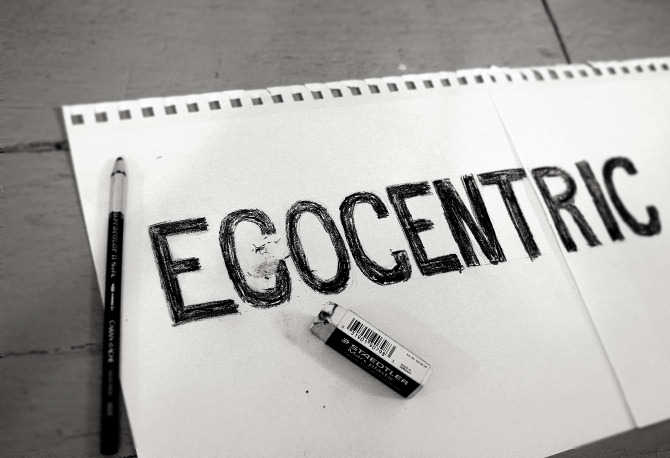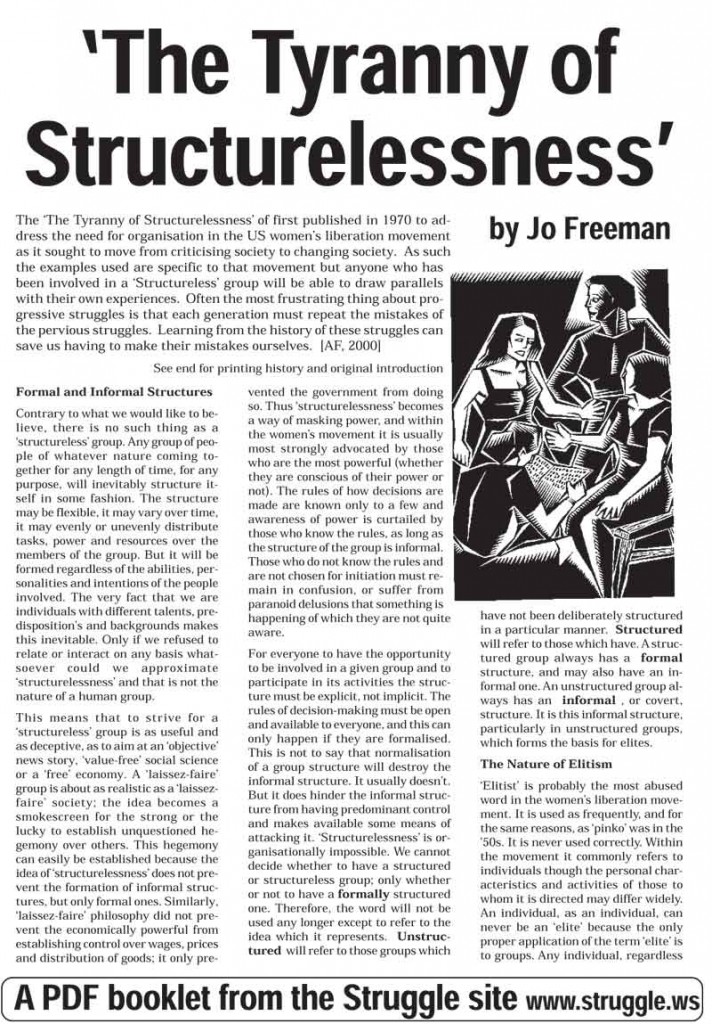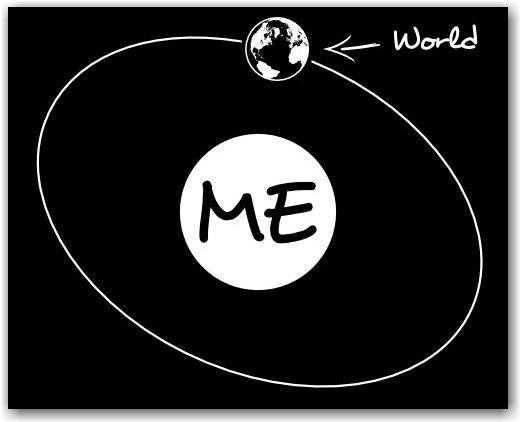[Note: Anything I write on this blog represents the views of just one person and is not representative of the group that drafted the Statement, nor is it representative of the over 6,500 people who have signed the Statement. A Pagan Community Statement on the Environment is far, far bigger than me. It belongs to all those who have signed it. Furthermore, as I have written previously here, “I respect the choices of those who have chosen not to sign the Statement, and those who have chosen to sit with it a while before deciding whether to sign, and those who wrestled with it and ultimately chose to sign it. I want to be clear here that there are principled reasons for Pagans, whatever their path, to sign or not sign the Statement.” To any person who takes issue with me or the opinions I have expressed here, I encourage them to weigh the importance of such concerns against the importance of taking collective action as Pagans in face of the climate crisis.]
I’ve written before about the Three Centers of Paganism: earth, deity, and Self. I have found this to be a useful intellectual tool for understanding the diversity of and conflict within the Pagan community. Earth-centered Paganism is focused on connecting with the “more-than-human” natural world. Deity-centered Paganism is focused developing a relationship with one or more deities. And Self-centric Paganism is focused on connecting with the “larger” or “deeper” Self. You can read more about the Three Centers of Paganism here. Understanding that Paganism has multiple “centers” can help diffuse conflict in discussions about what Paganism means.
I have recently encountered another form of Paganism: Ego-centered Paganism. Ego-centered Paganism, or ego-Paganism for short, is not to be confused with eco-Paganism (which it sounds like). Nor should it be confused with Self-centric Paganism. The “Self” in Self-centric Paganism does not mean the ego or the “little” self with which we usually identify, but rather something which transcends the ego and even the individual.
As I understand it, spirituality is fundamentally about connection and relationship. As T. Thorn Coyle explains: “Paganism is concerned with the primacy of direct connection and relationship. Whether we are polytheists or not, whether we work magick or not, our religious or spiritual impulse comes from a place of direct communication with forces, or with Nature, or with parts of our own soul …” Ego-Paganism, though, is not focused on connection or relationship, but on individual freedom and self-expression. Ego-centered Pagans may be tangentially concerned with ecology or polytheism or occultism, but in practice, they are concerned only with expression of their unique individuality and defending their freedom to do so against all authoritarian threats, real or imagined.
There are important differences between earth-centered and deity-centered Paganisms and between both of them and Self-centric Paganism. For example, earth-centered Pagans may see devotional practice and inner work as distractions from our responsibility to the earth. For some Pagans, the worship of the gods is not what matters, while for others the worship of the gods is what defines their Paganism. But there is something that all three of these kinds of Paganism have in common: they all recognize something greater themselves. Whether that “something” is the expansive earth (or nature or the web of life) or a numinous deity or deities or a transcendent “Self”, all these forms of Paganism honor something which is greater than us. And in this way, all these forms of Paganism — earth-centered, deity-centered, and Self-centric — stand in contrast to ego-centered Paganism. The ego-Pagan may express concern for ecological devastation, or may recognize the existence of gods, or may pay lip service to a higher Self — but in practice, all these concerns must bow to the holy personhood of the individual ego-centered Pagan.
Tenets of ego-Paganism
(1) I am unique and no one is like me.
(2) No one can tell me what to do and no one can speak for me.
(3) Everyone is trying to tell me what to do and everyone is trying to speak for me.
One way to tell an ego-centered Pagan from other-centered Pagans is to observe their response to attempts to talk about Paganism. Ego-Pagans have an atomistic view of Paganism. For them, there can be no Paganism, per se, only a million and one Paganisms — one for each individual Pagan. Ego-Pagans focus not on what we share, but on what make us different from each other. Any attempt to speak about our similarities is perceived by the ego-centered Pagan as a totalizing of their individuality because it fails to account for what a unique snowflake they are. They argue that Paganism is so diverse that it is impossible to speak about it, and therefore no one should speak about it. This is a logical fallacy, of course. All communication involves generalization. If we always had to list every exception, then communication would become impossible. While it is important to remember that generalizations about Paganism are just that, to say we cannot speak about Paganism at all is absurd.
 A Case Study in Ego-Paganism: Sin Jones
A Case Study in Ego-Paganism: Sin Jones
Another way to tell an ego-centered Pagan from other-centered Pagans is to observe their response to attempts to organize Pagans. Take for example, “A Pagan Community Statement on the Environment”. There are legitimate reasons for declining to sign the Statement. Some people may feel that it is too specific, while others may feel it is too generic. For some, it goes too far, and for others, it doesn’t go far enough. I respect the choices of those like David Salisbury who have chosen not to sign the Statement, and those like James Lindenschmidt who have chosen to sit with it a while before deciding whether to sign, and those like TommyElf who wrestled with it and ultimately chose to sign it. I want to be clear here that there are principled reasons for Pagans, whatever their path, to sign or not sign the Statement. So when I talk about ego-Pagans, I am not referring to these people.
An ego-Pagan, in contrast, would refuse to sign the Statement, not because they have a principled objection to something that is or is not in the Statement, but because they object in principle to statements of any kind. Ego-Pagans see “A Pagan Community Statement on the Environment”, like any other attempt at Pagan organization, as a threat to their individuality and their atomistic view of Paganism. “You can’t speak for me,” is their refrain, regardless of whether anyone is actually trying to speak for them. For example, they willfully overlook the fact that the Statement is titled “A Pagan Community Statement …”, not “The Pagan Community Statement …” , and ignore the fact that the Statement is written from the first person plural perspective, i.e., “we the signatories”, and gives people the choice to sign the Statement (or not). No amount of caveats or qualifications will satisfy the ego-Pagan, because it is not what the Statement actually says that bothers them, but that anyone attempted to say anything in the first place.
This became clear to me when I posted an announcement about the public comment period for the Statement at PaganSpace.net. I was promptly set upon by a person who turned out to be one of the administrators for the site, Sin Jones. Jones and a small group of her friends objected not so much to anything specific in the statement as to the idea of a Pagan statement altogether. One person, in fact, admitted that they could not be bothered to actually read the whole statement, but felt justified in proceeding to critique it nonetheless. It quickly became clear that they were not really interested in constructive dialogue. They had no recommendations for how to make the Statement better. They were only interested in tearing things down, not building anything up. Tellingly, not a single one of them took advantage of the public comment period to leave a comment on the official site for the Statement. They were content instead to sit back and heckle from the peanut gallery.
Rather than cultivating a safe place for divergent opinions, Jones herself seemed intent on shutting down any opinion that she disagreed with. She first attempted to do this by “out shouting” anyone who disagreed with her. She tried to dominate the conversation by responding to nearly every comment. Her comments were consistently sarcastic or mocking. Ultimately, she decreed that, since she and a half dozen of her friends had disagreed with the Statement in principle, no one else on PaganSpace.net would be interested in it, and therefore the conversation should be closed. When I later attempted to post an announcement about the publication of the final version of the statement and the opportunity for people to sign the statement, Jones promptly deleted the announcement. When I objected and indicated my intention to appeal the matter to the other administrators, she responded by blocking my account. (Fortunately, I was able to directly contact another administrator directly, who reinstated my account, and I was able to repost the announcement.)
Sin Jones is a good example of an ego-Pagan. She is a self-described “philosophical Satanist”, but she disavows the label “LaVeyan”, because she denies any association with any tradition (of course). Tellingly, in response to a question whether she worships Satan, Jones responds: “YES, I am Satan, I auto-deify, and self worship so by proxy I worship Satan” (emphasis added). Jones’ self-described “cult of Sin” is the epitome of the cult of the individual. Jones, and those like her, are threatened by any form of Pagan organization. The only form of organization they can tolerate is that which conveniently supports their own personal power, i.e., Jones’ status as an administrator at PaganSpace.net. Ego-Pagans revel in chaos, because chaos empowers the individual. In the absence of organization, the individual is the greatest unit of influence. But if people organize, then collectively their voices become more influential than the voice of any lone individual. This is why ego-Pagans resist all organization on principle.

The Tyranny of Structurelessness
As Jo Freeman has observed, there is a kind of “tyranny” of structurelessness. According to Freeman, there is no such thing as a structureless group; there is only explicit and implicit structure, formal and informal organization. In the absence of formal structure, informal structure reigns, power is wielded more or less invisibly by individuals, and cults of personality develop.
“Contrary to what we would like to believe, there is no such thing as a structureless group. Any group of people of whatever nature that comes together for any length of time for any purpose will inevitably structure itself in some fashion. …
“This means that to strive for a structureless group is as useful, and as deceptive, as to aim at an “objective” news story, “value-free” social science, or a “free” economy. A “laissez faire” group is about as realistic as a “laissez faire” society; the idea becomes a smokescreen for the strong or the lucky to establish unquestioned hegemony over others. This hegemony can be so easily established because the idea of “structurelessness” does not prevent the formation of informal structures, only formal ones. Similarly “laissez faire” philosophy did not prevent the economically powerful from establishing control over wages, prices, and distribution of goods; it only prevented the government from doing so. Thus structurelessness becomes a way of masking power, and within the women’s movement is usually most strongly advocated by those who are the most powerful …”
Freeman was writing about the limitations of the “structureless” consciousness-raising model of the early women’s liberation movement, but her analysis might well be applied to contemporary Paganism (which should come as no surprise considering how the two movements intersected historically). The “structurelessness” of the consciousness-raising groups was a reaction against the structures which had historically empowered men over women. But Freeman argues that this “structurelessness”, while initially being a positive thing, had become an impediment to the women’s movement. So long as the primary goal of the movement was consciousness-raising, then the “structureless” group was an excellent means to that end. However, Freeman argues, when the goals of the movement grew beyond consciousness-raising to political action, then the “structureless” group also outgrew its usefulness. Many in the movement resisted attempts to create more formal structure because they believed that all structure is necessarily oppressive. According to Freeman, the idea of “structurelessness”, which had begun as a healthy response to oppressive structures, had begun to be worshiped as “a goddess in its own right.”
If this sounds familiar, it should. Ego-centeredness is not a new thing for Pagans. In an essay entitled, “Are We Really a ‘Nature’ Religion?”, Fritz Muntean argues that the Pagans who gathered “around the ribbon-bedecked May Pole of modern Pagan Witchcraft in the early 1960s” were not environmentalists, but “hedonists”. Fritz identifies the guiding ethical principles of hedonistic or “sybaritic” Paganism as impulse (‘follow your feelings’), self-expression (‘let it all hang out’), situational appropriateness (‘go with the flow’; ‘different strokes for different folks’), and self-awareness (‘be here now’). There is nothing wrong with hedonism, in and of itself. But I would suggest that a spirituality which begins and ends with hedonism is ego-centric and therefore deficient.
Like the consciousness-raising groups of the same period, the “hedonistic” Pagans of the 1960s and 1970s placed a premium on individual expression and were deeply suspicious of formal organization. But as ecological consciousness began to awaken in people in the 1970s, Pagans began to look outside of themselves and to concern themselves with ecology and social justice. Paganism became more political (in the broadest sense of that term), and the need for greater organization developed. As a community, we outgrew our hedonistic roots.
However, there are still those in the Pagan movement — both young and old — who don’t want to see Paganism became anything more than a cult of individualism. The reason for this has a lot to do with how people come to Paganism. Many people are drawn to Paganism because of its individualistic focus and its lack of central organization. Many of them come from oppressive religious structures and have been wounded by the religious demands for self-sacrifice. (This was true in my case.) Focusing on individual expression can be healing for many who come to Paganism in this way. But I would suggest that it is not a healthy place to remain, neither for individuals nor as a community. What can begin as a salutary response to oppressive religious structures can end up crippling the community as a whole.
I sympathize with the suspicion of institutions, and I would resist any attempt to turn Paganism into anything resembling a “church” (which increasingly appears to be a defunct institution). But opposition to all organization on principle serves nothing but the egos of certain individuals. And it reduces our community to the lowest common denominator — the heckler and the troll. They should not be allowed to define our agendas, because their only agenda is the destruction of all agendas. I don’t mean to suggest that these ego-centered Pagans are not “real” Pagans, or that they don’t have a place under the Pagan umbrella. (We all probably have some ego-Paganism mixed in with our other-centered Paganism.) But we need to recognize ego-Paganism for what it is: dead weight for our community. While we need to create space for ego-centered Pagans, we cannot allow them to keep us from coming together to help make the world a better place.
A few weeks ago, the pastor at my Unitarian church, Rev. Scott Aaseng, delivered a sermon about climate change in which he drew a distinction between the “ideology of narcissism” and the “ideology of empowerment”, which I think illuminates the distinction I have drawn between ego-Paganism and the other-centered Paganisms. Rev. Scott observed:
“… there seems to be some confusion between empowerment and narcissism in our culture—as if ‘I can do whatever I want’ is the epitome of the American ideal (or the Unitarian ideal, for that matter). [I would add “the Pagan ideal” to that statement as well.] As if the tyranny we seek to empower ourselves against is simply ‘the tyranny of other people(‘s very existence),’ as opposed to the tyranny of unchecked power that destroys community and society. The ideology of narcissism — ‘I can do whatever I want, it’s a free country’ — is an ideology that shrinks us and makes us smaller people, lacking in empathy. Whereas true empowerment comes by joining together in common cause with others and becoming people.”
“True empowerment comes by joining together in common cause with others.” This is a lesson we Pagans are learning. I think “A Pagan Community Statement on the Environment” is evidence of that. And I look forward to seeing more of it.

















